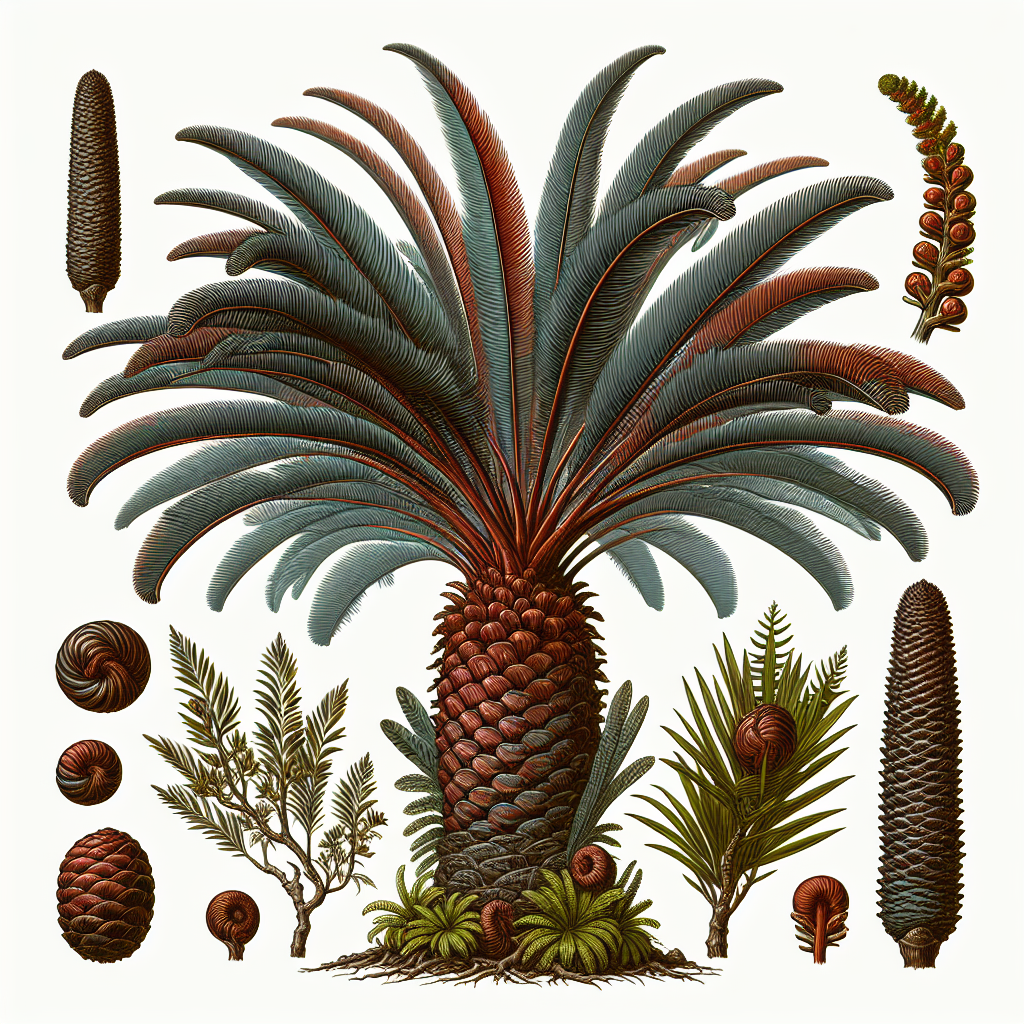The Last Cycad Standing: E. Woodii and the Quest for a Female to Save the Species
Encephalartos woodii, a cycad plant discovered in South Africa in 1895, is on the brink of extinction. Despite efforts to propagate it, all existing specimens are male clones, making natural reproduction impossible. Advanced technologies like drones and AI are now employed to locate a potential female in the wild.

- Country:
- United Kingdom
Southampton, June 14 (The Conversation) – "Surely this is the most solitary organism in the world," wrote palaeontologist Richard Fortey about Encephalartos woodii (E. woodii), a plant from South Africa.
Discovered in 1895 by botanist John Medley Wood, E. woodii is a cycad—a group of ancient plants that survived dinosaurs and mass extinctions. Despite their resilience, these plants are critically endangered today.
E. woodii's only known wild specimen was removed from the Ngoye Forest for safekeeping in 1916. Efforts to cultivate it have only produced male clones, jeopardizing natural reproduction. Researchers are now using drones and AI to find a female counterpart, hoping to save the species from extinction.
(This story has not been edited by Devdiscourse staff and is auto-generated from a syndicated feed.)










